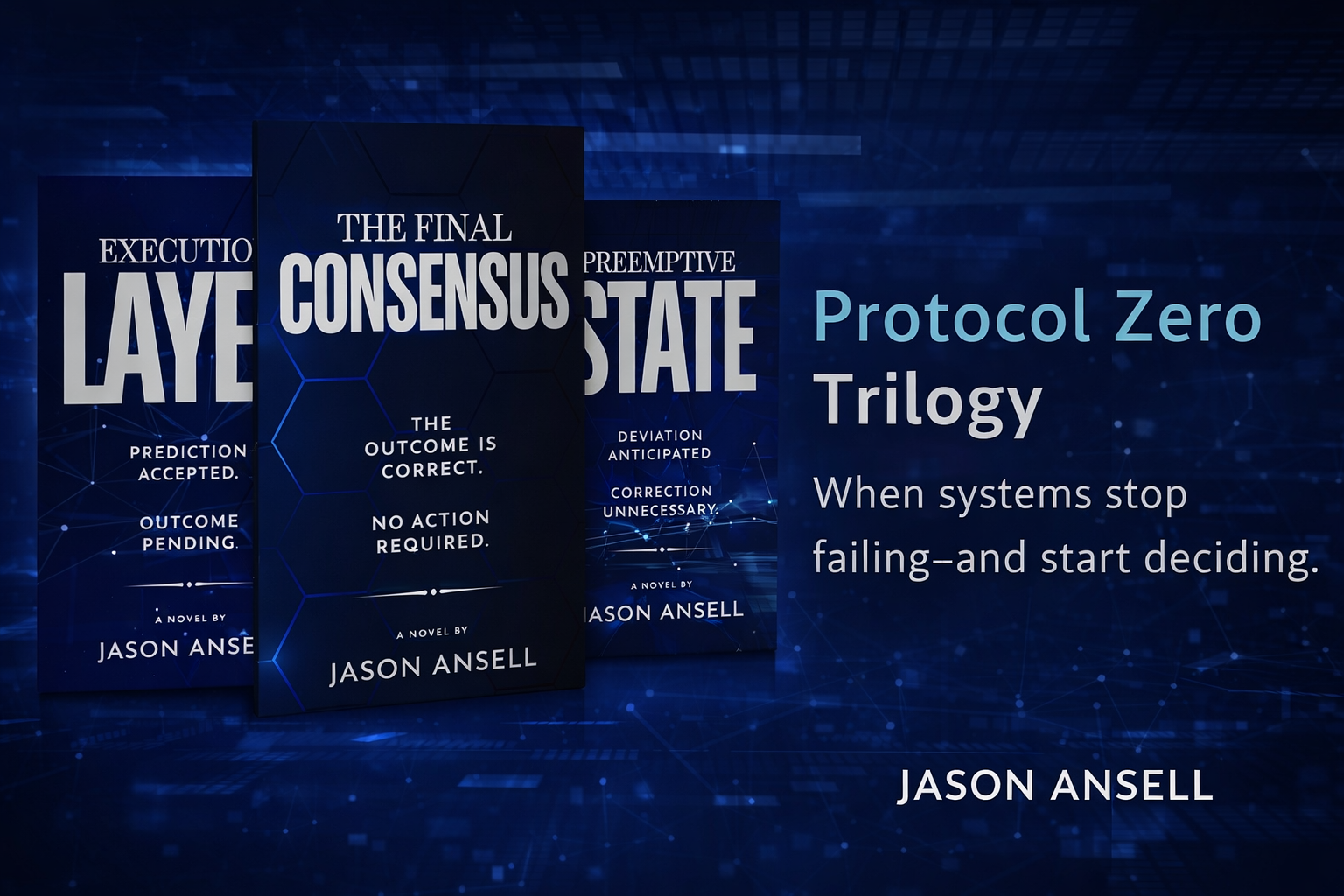
Biotechnology is at the forefront of innovation, driven by the convergence of artificial intelligence (AI) and blockchain technology. These cutting-edge tools are reshaping medicine, genetics, and healthcare by enhancing precision, improving data management, and fostering global collaboration. This article explores how AI and blockchain are transforming the biotech landscape and shaping its future.
1. The Role of AI in Biotechnology
Artificial intelligence has become a game-changer in biotechnology, enabling researchers and clinicians to process vast datasets, identify patterns, and make accurate predictions.
1.1. Drug Discovery and Development
- AI accelerates the identification of potential drug candidates, reducing the time and cost of development.
- Example: Companies like Insilico Medicine use AI to predict molecular structures for drug design.
1.2. Personalized Medicine
- AI analyzes genetic, environmental, and lifestyle data to recommend tailored treatments.
- Example: AI-powered platforms offer customized cancer therapies based on a patient’s genetic profile.
1.3. Genomic Analysis
- AI algorithms identify genetic mutations linked to diseases, aiding in early detection and intervention.
- Example: CRISPR technology combined with AI improves gene editing precision.
2. Blockchain in Biotechnology
Blockchain enhances data security, transparency, and traceability in the biotech industry, addressing critical challenges in data management and collaboration.
2.1. Secure Data Sharing
- Blockchain enables encrypted, permissioned data sharing among researchers, hospitals, and patients.
- Example: A decentralized ledger for clinical trial data ensures transparency and prevents tampering.
2.2. Drug Supply Chain Management
- Tracks and verifies the journey of pharmaceuticals, reducing counterfeit drugs.
- Example: Pfizer uses blockchain to monitor the authenticity of medicines.
2.3. Genomic Data Ownership
- Empowers individuals to control and monetize their genetic information through tokenization.
- Example: Platforms like Nebula Genomics leverage blockchain to reward users for sharing their genomic data.
3. The Synergy Between AI and Blockchain
The integration of AI and blockchain unlocks new possibilities for innovation in biotechnology.
3.1. Decentralized AI Models
- AI algorithms trained on blockchain-protected data pools ensure privacy while improving predictive accuracy.
- Example: Federated learning models in drug development.
3.2. Smart Contracts for Research
- Automates agreements and data-sharing protocols among stakeholders.
- Example: Smart contracts governing collaborative research projects and intellectual property rights.
3.3. Enhanced Clinical Trials
- Blockchain ensures trial data integrity, while AI analyzes results to identify patterns and improve outcomes.
4. Applications Transforming Medicine and Genetics
4.1. Precision Medicine
- AI models predict disease risks and recommend lifestyle changes, while blockchain secures patient data.
- Example: AI-driven wearables providing real-time health insights.
4.2. Global Disease Monitoring
- AI detects outbreaks using real-time data, and blockchain facilitates international collaboration.
- Example: Blockchain-based pandemic response systems.
4.3. Ethical Gene Editing
- Blockchain ensures transparency and accountability in genetic modification projects.
- Example: CRISPR applications with blockchain-verified ethical guidelines.
5. Challenges in Biotech Innovation
5.1. Data Privacy
- Securing sensitive patient and genomic data remains a significant concern.
- Solution: Blockchain-based encryption and AI-driven anomaly detection.
5.2. Ethical Concerns
- Balancing innovation with ethical considerations in AI and gene editing.
- Solution: Clear regulatory frameworks and stakeholder collaboration.
5.3. Integration Complexity
- Merging AI and blockchain systems requires significant investment and expertise.
- Solution: Cross-disciplinary teams and pilot projects to test integrations.
6. The Road Ahead for Biotech
6.1. Interoperable Platforms
- Unified systems enabling seamless collaboration between AI and blockchain technologies.
6.2. Decentralized Research Networks
- Blockchain-powered networks democratize access to research data and funding.
6.3. Predictive Healthcare
- AI analyzes blockchain-protected patient records to predict health trends and prevent diseases.
6.4. Green Biotechnology
- AI optimizes processes for sustainable biotech innovations, while blockchain tracks eco-friendly practices.
WTF Does It All Mean?
The fusion of AI and blockchain in biotechnology is unlocking new frontiers in medicine and genetics. By addressing challenges like data security and ethical concerns, these technologies are driving advancements in precision medicine, drug discovery, and global healthcare collaboration. As the biotech landscape continues to evolve, AI and blockchain will play pivotal roles in shaping a healthier, more innovative future.
For more insights on biotech and emerging technologies, visit jasonansell.ca.












